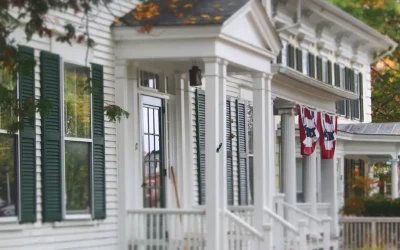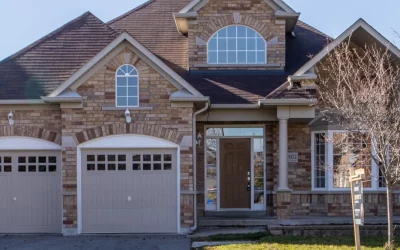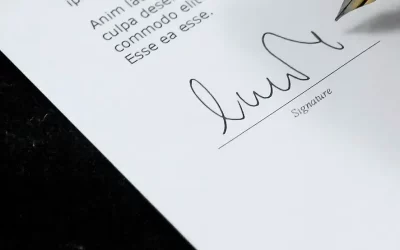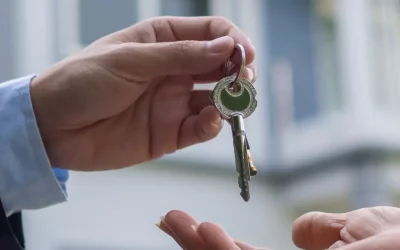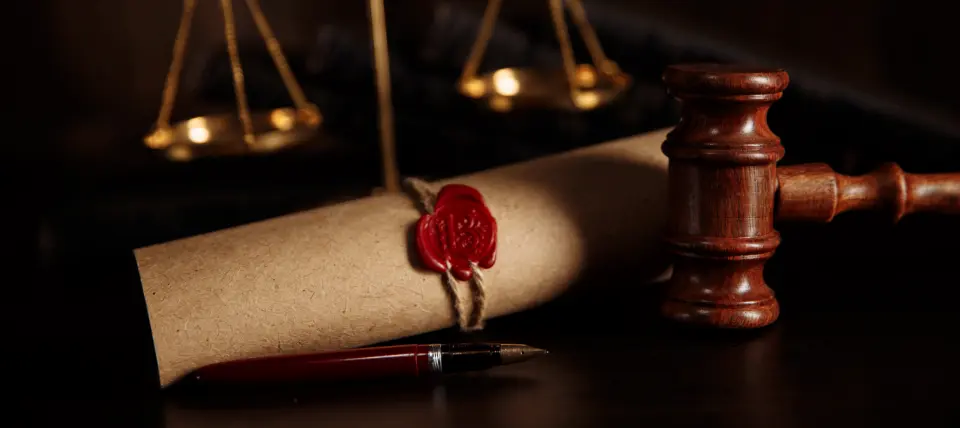
We’ve been talking a lot about Wills and Trusts lately. We have gone over what each one is and the benefits and drawback to each one. But you might be wondering what happens if you pass away without a will. Who inherits your assets, who decides it, and how is it done? Those will all be answered in this blog.
To begin, who inherits your assets if you die without a Will? Dying without a Will is called dying “intestate” which means certain intestate laws come into place to decide. The answer to who gets your assets would basically be anyone related to you, and how closely related they are. The top successors of your assets without a will would be your spouse, children, parents, or siblings. But if you don’t have any of those, the list will grow to include grandparents, nieces, and nephews, aunts, uncles or even cousins. If you have absolutely no relatives, your property will end up with the state, but this is rare.
To break it down a little more, in Nevada, if you die single with no issue, then your parents receive the entire estate. Unless there is just one parent in which case it would go to both the parent and your siblings. If you die married with no issue, then 100% of community property will go to the surviving spouse and the separate property will be divided 50% to the surviving spouse and 50% to either parents or siblings. If you die married and with kids, then 100% of community property will go to the surviving spouse and the separate property would go to the spouse and children. The rules can get sticky if you are unmarried with no issue in a relationship or in a domestic partnership since many states don’t recognize these relationships, which means the estate would go to parents and siblings.
The next question would be who decides all this? The answer to that is the Probate Court. The first thing the Probate Court would do is name an executor from your family to manage the estate during this period. The executor would likely start with spouse or parents if you didn’t have a spouse. If there is no spouse or parents, it would go down to children (If they are old enough) or siblings.
Next, the court would figure out who all the heirs are to the estate and how much each heir is entitled to. Probate Court can be a long and costly process even with a Will, so without one, it is possible it can take more time, especially if it is a bigger and more complex estate.
The court will make sure that all your debts get paid before the assets are distributed. These debts could include medical and funeral expenses. After the estate’s creditors have been paid, the assets that are left Will be distributed to the family in the ways we described earlier.
So that a basic outline of how an estate is handled if there is no written Will for the estate. If you have any questions or would like to create a Will of your own, call our Reno law firm today at (775) 210-1501 or go to the estate planning section of our website for more information.

